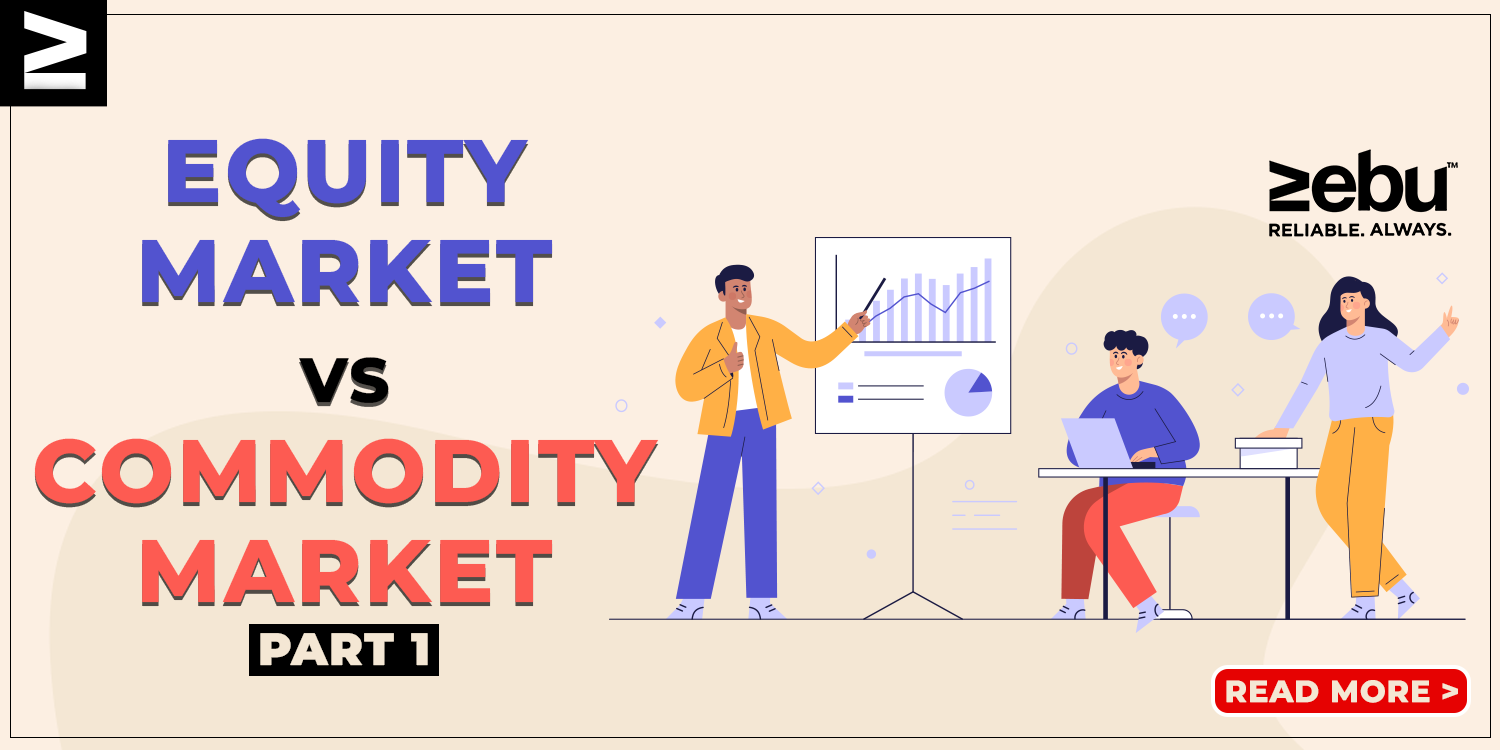
Large Cap vs Mid Cap vs Small Cap: Key Differences That Actually Matter
If a smart investor makes the right investment in the right financial market, they could make a lot of money, especially now, when the internet makes trading in almost every market easier and more accessible than ever. So, we’ll compare the stock market and the commodities market, two very popular markets, to see if it makes a difference. What is a stock market, anyway? A stock is a type of security that shows that someone owns part of a company that is traded on the stock market. The amount of company shares a person owns, which he or she can then sell or buy from other stockholders, shows how much of the company that person owns. The group of markets where this buying and selling of stocks takes place is called the “stock market.” A person can invest in the stock market by opening a trading and demat account with a brokerage firm. The brokerage firm could then set up accounts for you at the right stock exchanges and make trades for you. What is the commodity market? A commodity is a useful resource or item that can be traded for another of the same kind. There are two types of commodities: soft commodities, like food and livestock, and hard commodities, like gold or oil. A commodity market is a place where traders can buy and sell different goods, either in person or online. There are many ways to trade and invest in commodities. These include both direct investments in commodities and investments in futures contracts on commodities. Differences between the stock market and commodity market After we’ve talked about the difference between stocks and commodities, let’s look at how each market is different. Here are the most important things that set the stock market apart from the commodities market: Effects of inflation: Inflation often means that expected costs go up, which could mean that businesses lose money and the value of their shares goes down. This is bad news for the stock market. But inflation is sometimes good for the commodities market because it lets people who own the items sell them for more than they thought they would. But both situations give experienced players chances to make money. In the same way, a drop in the price of oil or other commodities could help stock market indexes. Ownership: When an investor buys stocks on the stock market, they get a piece of a company. Most people trade on the stock market by holding on to a stock they already own until the market turns in their favour. But futures contracts are the most common way to trade on the commodity markets. When you use futures contracts, there is no change of ownership. Instead, these agreements cover upcoming supplies of goods that are often traded but rarely owned. Volatility: Compared to other asset classes and financial markets, the commodity and commodity markets tend to have the most volatility. The patterns in the commodity market will be much more unpredictable than those on the stock market. This is because the commodities market has a reputation for having less liquidity and is affected by factors like supply and demand and geopolitics that change all the time. We’ll discuss more about the differences between the commodity and equity market in the follow up article as well.
Leave a Reply